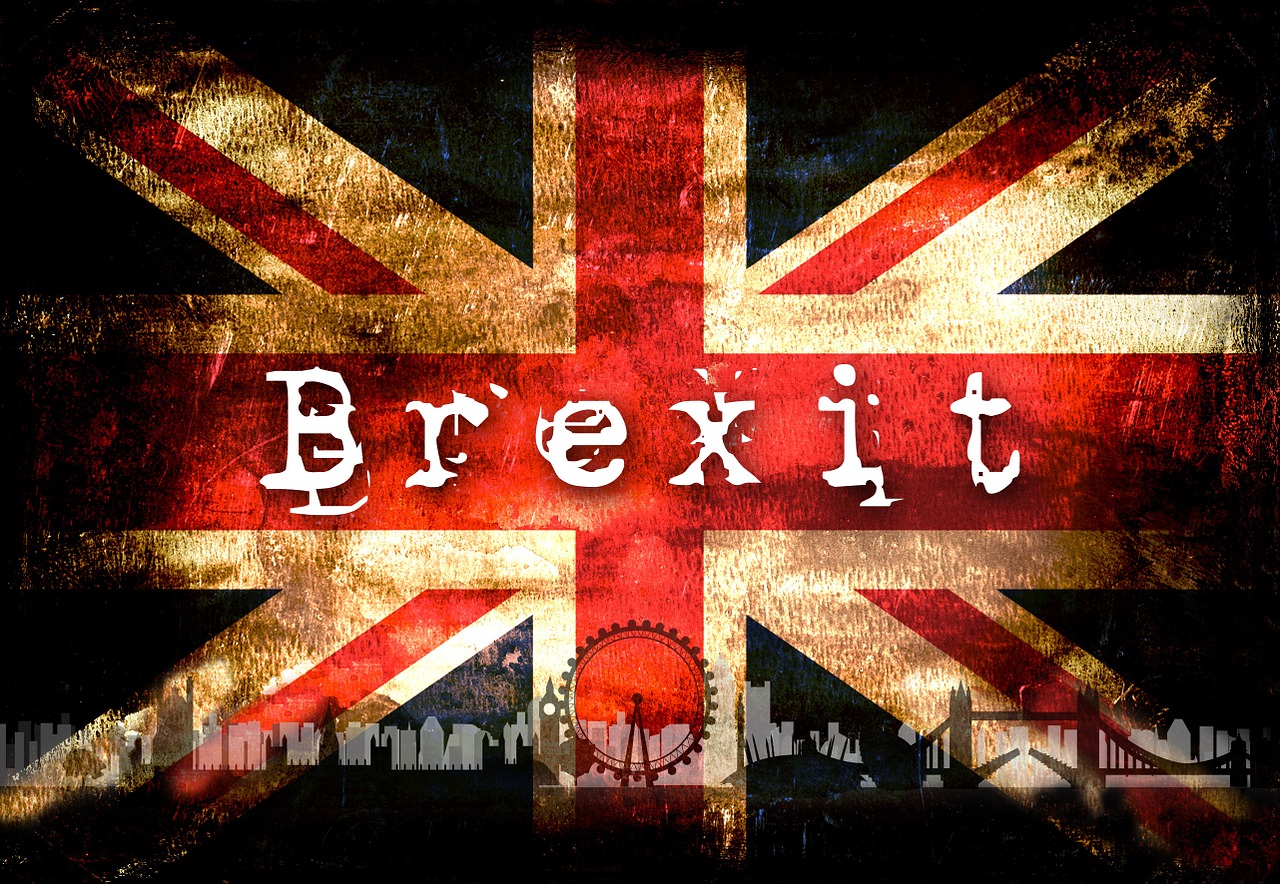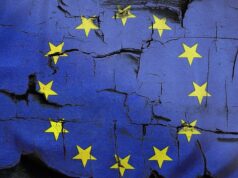
The major British parties have said goodbye to the Brexit political circle and have adopted more radical positions. For Labor, this had at the beginning of the week a split of several MPs result – but also Prime Minister Theresa May is standing with her back to the wall.
The current events in Britain’s Labor Party are reminiscent of 1981, when four „Gang of Four“ members, including former Secretary of State David Owen, stepped out of the party and formed a new movement, the SDP (Social Democratic Party). On Monday of this week, seven major members left the Labor Party in protest of party leader Jeremy Corbyn. For the time being, however, they do not want their split-off to be understood as the founding of a new party; they call themselves „independent groups“ in parliament.
„The Labor Party we joined, for which we fought and believed in, is no longer the Labor Party of today,“ declared seven renegades Chris Leslie, Chuka Umunna, Luciana Berger, Angela Smith, Gavin Shuker, Mike Gapes and Ann Coffey on Monday. They are confronted with dealing with anti-Semitic tendencies in the largest opposition party, but above all with the lurching Brexit course. Another MP left the party on Tuesday night.
Resistance to second referendum
A majority of Labor members are against Brexit and want a second referendum on remaining in the EU, but Corbyn resists it. He believes that analyzed the „time“ to be able to implement his „socialist policy better outside the EU than within a corset of EU rules“. In addition, Corbyn has never made a secret of his aversion to the common market and the EU. The intra-party agreement, which states that Labor should campaign for a second referendum, unless it succeeds in forcing a new election, does little for Corbyn.
However, the dispute over the party leader continues: Under Corbyn’s leadership, Labor has radically turned away from the once pro-business course of Tony Blair and Gordon Brown and is committed to a pronounced left agenda. Railway companies, energy companies, bus companies or the Royal Mail are to be nationalized, the richest five percent of the British taxed more heavily. Under the age of 70, Labor was hijacked by a „hard-left“ machine, defeated the party apostates.
„Institutionally anti-Semitic party“
In addition, charges of anti-Semitism against Corbyn and his apparatus have been raised for years. Last summer, he publicly admitted in a video that disciplinary proceedings against anti-Semitic party members had been conducted too slowly and timidly. Luciana Berger, a Jewish Liverpool MP, has historically experienced massive anti-Semitic attacks for criticizing Corbyn. She declared Labor an „institutionally anti-Semitic party.“ It would be „embarrassing and shameful“ to stay, she said on her departure on Monday.
But not only in Labor show signs of disintegration, and the Torys offer in Gezerre to the Brexit a sometimes shameful picture. The hardliners around Jacob Rees-Mogg, who prefer the „No Deal“, have taken over and are driving Prime Minister Theresa May ahead of them. Parliament clearly rejected the Brexit that it negotiated with the EU, and since then it has been unable to find a course. The risk of an unregulated exit from the EU on 29 March is thus rising rapidly – and at the same time the loss of confidence in the political system.
The most prominent of the seven Labor rebels, hopeful Chuka Umunna, put it this way: „It’s time to give up yesterday’s politics and offer an alternative that lives up to what we are today. We urge other like-minded people to leave their party too and come to us. „“ Seven people in Westminster „are not enough to put an end to dissatisfaction with current politics.
#BLUKIP has been busy taking over the Tory Party alongside the ERG. Soon there will be nothing left to appeal to moderate center ground voters. https://t.co/RzeWFbiTyT
– Sarah Wollaston MP (@sarahwollaston) February 18, 2019
The elimination of the opposition could also be dangerous for May, as the Guardian wrote on Tuesday: „It is believed that at least two Tory MPs are seriously considering it, and others may follow, including Sarah Wollaston, Heidi Allen and Nick Boles. „Wollaston complained on Twitter:“ Soon there will be nothing left to address voters from the political center. “
„Tension at the limit of resilience“
In any case, The Times believes crucial changes in the political landscape are possible: „The crucial moment for Labor and the Tories will come at the end of this month, when MEPs must decide whether to support Mays deal with the EU or postpone Brexit. Then the tensions in the party system could reach the limit of resilience and dreams of a realignment even become reality. „The former head of the anti-European party UKIP, Nigel Farage, agreed on Tuesday – the current party system simply can not cope with Brexit.



